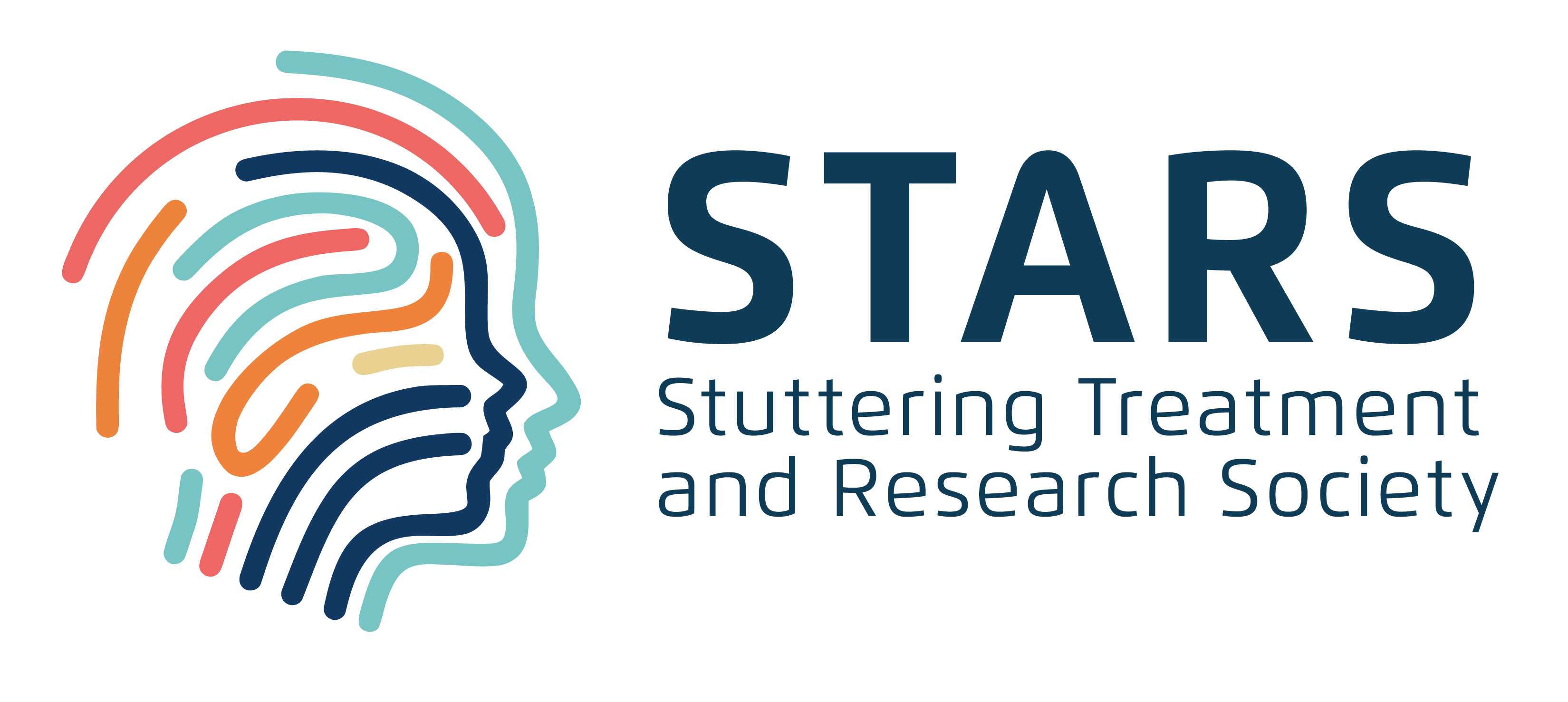
Childhood-Onset Fluency Disorder: Perspectives on Comorbid Anxiety and Stuttering

Key Takeaways
- COFD lacks FDA-approved treatments and is often comorbid with anxiety disorders, impacting quality of life significantly.
- Neuroimaging research indicates excessive dopamine in stuttering, suggesting potential therapeutic strategies similar to Parkinson's disease.
Half of patients with stuttering also experience anxiety, highlighting the psychiatrist’s role in care and support.
CONFERENCE REPORTER
To bring awareness to childhood-onset fluency disorder (COFD; more commonly known as stuttering), and support research and education, psychiatrist
As the experts explained at the conference, relatively little is known about COFD’s etiology and pathophysiology, nor are there any FDA-approved treatments. In addition, anxiety disorders are often comorbid with COFD.2 Although it is listed in the DSM-5, psychiatrists are often ill-equipped to fully support patients.
Yoshikazu Kikuchi, MD, PhD, one of the international experts presenting at the
Psychiatric Times: Why were you excited to participate in the STARS Research and Education Conference?
Yoshikazu Kikuchi, MD, PhD: I was most excited to learn the latest updates i
n stuttering, especially about issues around unmet medical needs, available support in the US and internationally, and new genetic research on stuttering.
Psychiatric Times: What does current neuroimaging research suggest about stuttering?
Yoshikazu Kikuchi, MD, PhD: Stuttering has similarities with Parkinson disease. In Parkinson, patients may experience freezing of gait, making the first step difficult, but walking can become smooth with rhythmic cues such as a metronome. In Parkinson, dopamine is deficient; in stuttering, dopamine is excessive.
This supports the view that appropriate modulation of dopamine levels may be a therapeutic strategy for stuttering.
Psychiatric Times: What should psychiatrists consider when an individual who stutters presents in their office?
Yoshikazu Kikuchi, MD, PhD: Clinicians should consider comorbidities such as social anxiety disorder, depression, obsessive-compulsive disorder, Tourette’s syndrome, and even drug-induced stuttering in their differential diagnosis.
Some may think stuttering is only for speech-language pathologists to manage, but after adolescence, comorbid social anxiety disorder becomes very common. Psychiatrists and psychologists specializing in CBT can play a critical role in helping many individuals who stutter.
Psychiatric Times: How does COFD’s impact on quality of life lead to potential comorbid anxiety?
Yoshikazu Kikuchi, MD, PhD: COFD typically begins between ages 2 and 4. Negative experiences during childhood, elementary school, and adolescence that are caused by stuttering often accumulate and contribute to comorbid anxiety disorders. In fact, about 60% of children who stutter experience bullying.
Psychiatric Times: How prevalent is comorbid anxiety with stuttering/COFD?
Yoshikazu Kikuchi, MD, PhD: About 50% of individuals with stuttering over the age of 10 also have social anxiety disorder. Reports suggest that people who stutter are about 4 times more likely to have social anxiety disorder compared to those without stuttering. For children and adolescents aged 10 and older, it is reasonable to expect that about half of those who seek consultation for stuttering will also have comorbid social anxiety disorder.
Psychiatric Times: How does anxiety, particularly social anxiety, impact stuttering/COFD?
Yoshikazu Kikuchi, MD, PhD: Social anxiety disorder often causes difficulties when speaking in front of groups. In one-on-one consultations, however, patients may not show severe symptoms, which can lead to an underestimation of their struggles. Stuttering has sometimes been misunderstood as a simple habit that can be corrected, and for a long time it was not considered a legitimate medical issue.
Since most stuttering begins in early childhood, stuttering usually precedes anxiety. In many patients, stuttering exists independently but worsens anxiety symptoms. In my personal experience, individuals whose speech improve after drinking alcohol may have social anxiety as the primary issue, whereas those whose speech worsens after drinking likely have primary stuttering. However, there is no data to confirm this distinction.
Psychiatric Times: What is the appropriate use of psychopharmacology and psychotherapy for patients with comorbid anxiety and COFD?
Yoshikazu Kikuchi, MD, PhD: Currently, there are no FDA-approved pharmacological treatments for COFD itself. Therefore, clinicians typically follow the guidelines for social anxiety disorder, which may include SSRIs, along with cognitive-behavioral therapy (CBT).
Psychotherapies such as CBT are important in reducing repetitive negative thoughts and supporting patients with stuttering who also experience social anxiety.
Psychiatric Times: How does care for stuttering in the US compare to that in Japan?
Yoshikazu Kikuchi, MD, PhD: In the US, stuttering support is mainly provided by speech-language pathologists (SLPs). In Japan, however, support for elementary school children is typically given by special education teachers. Although I don’t know the exact number, SLPs in Japan do not work in schools.
The American Speech-Language-Hearing Association (ASHA) was established in 1925 and has nearly 100 years of history, whereas SLPs were only established in Japan in 1999. Before that, a free support system led by elementary school teachers had already been developed.
In Japan, children under 18 can receive stuttering therapy in clinics under health insurance at a very low cost (less than $5 USD per month). However, the number of clinics providing therapy within the insurance system is limited, so more private clinics outside the insurance system are emerging.
Since 1995, clinical psychologists have been assigned to elementary, junior high, and high schools in Japan, but very few specialize in stuttering. Likewise, only a handful of psychiatrists or clinical psychologists in Japan have a strong interest in stuttering and provide extensive consultation.
Dr Kikuchi is assistant professor in the department of otorhinolaryngology at Graduate School of Medical Sciences in Kyushu University, Fukuoka, Japan. He is a board member of the Japan Society for Stuttering and other Fluency Disorders (JSSFD), the Japanese Development Chair of the World Stuttering Network (WSN), and the secretary of the Stuttering Treatment and Research Society (STARS).
References
1. Kikuchi Y. The Physician’s Role in Stuttering Diagnosis and Treatment. Presented at
2. SheikhBahaei S, Millwater M, Maguire GA.
Newsletter
Receive trusted psychiatric news, expert analysis, and clinical insights — subscribe today to support your practice and your patients.







